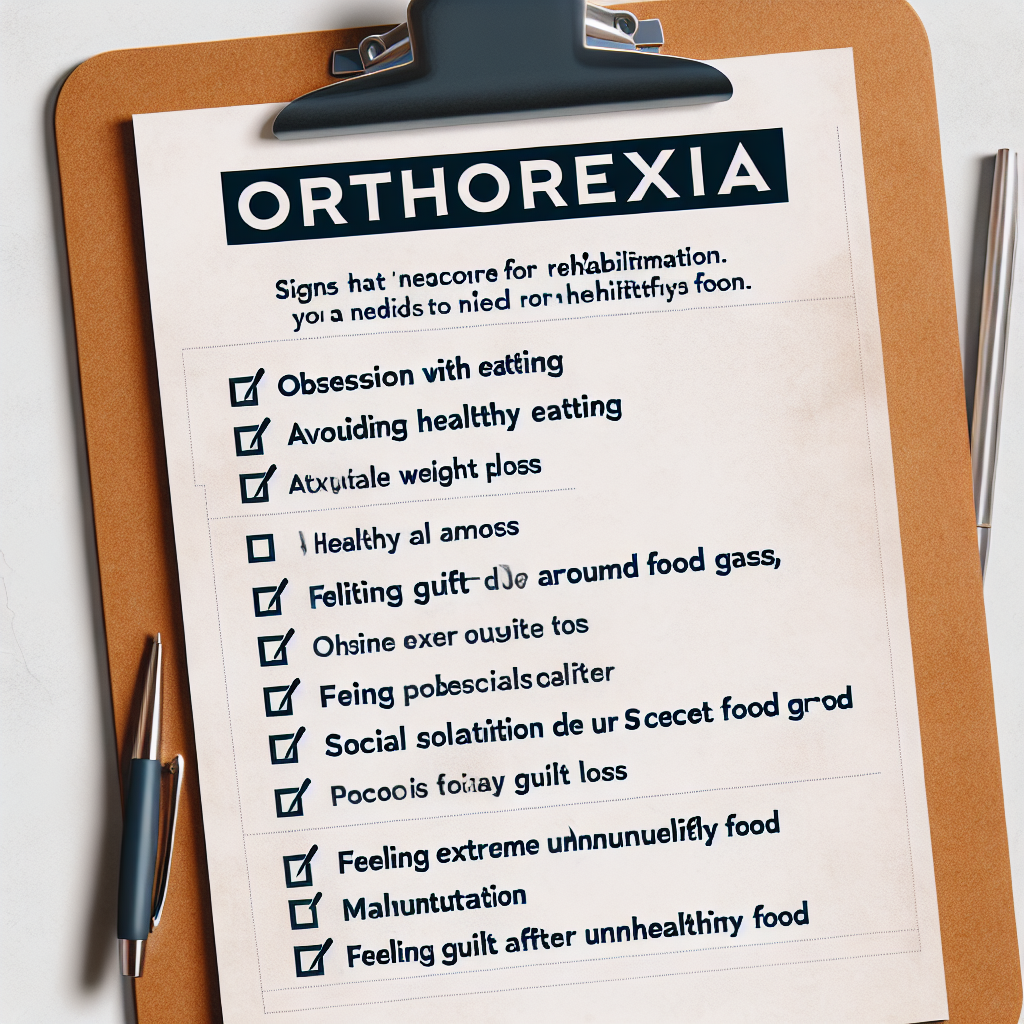-
Table of Contents
“Rehab for marijuana and heroin addiction: Building a foundation for lifelong recovery, health, and renewed purpose.”
Introduction
Rehabilitation for marijuana and heroin addiction offers numerous long-term benefits that extend beyond mere cessation of drug use. For individuals struggling with these addictions, rehab provides a structured environment that fosters physical, psychological, and emotional healing. Long-term benefits include improved physical health, as the body recovers from the harmful effects of substance abuse. Psychological benefits are also significant, with many individuals experiencing reduced anxiety, depression, and other mental health issues as they learn coping mechanisms and receive therapy. Socially, rehab helps rebuild relationships and improves social functioning, allowing individuals to reintegrate into society more effectively. Additionally, rehab often includes vocational training and educational support, which can lead to better employment opportunities and financial stability. Overall, the comprehensive approach of rehabilitation programs equips individuals with the tools and support necessary for sustained recovery and a healthier, more fulfilling life.
Improved Physical Health: Long-Term Benefits of Rehab for Marijuana and Heroin Addiction
Rehabilitation for marijuana and heroin addiction offers a multitude of long-term benefits, particularly in the realm of improved physical health. While the immediate goal of rehab is to help individuals overcome their dependency, the extended advantages of such programs extend far beyond mere abstinence. These benefits manifest in various aspects of physical well-being, providing a foundation for a healthier, more fulfilling life.
To begin with, one of the most significant long-term benefits of rehab is the restoration of the body’s natural balance. Prolonged use of marijuana and heroin can severely disrupt the body’s physiological systems. For instance, heroin use can lead to respiratory issues, weakened immune function, and chronic pain, while marijuana can impair lung function and cognitive abilities. Through a structured rehab program, individuals receive medical care and nutritional guidance that help to repair and rejuvenate these systems. Over time, this leads to improved respiratory health, enhanced immune response, and better overall physical resilience.
Moreover, rehab programs often incorporate physical exercise as a core component of recovery. Regular physical activity is known to have numerous health benefits, including improved cardiovascular health, increased muscle strength, and better mental health. For individuals recovering from addiction, exercise can be particularly beneficial as it helps to reduce stress, improve mood, and combat the lethargy often associated with withdrawal. As individuals continue to engage in physical activity post-rehab, they are likely to experience sustained improvements in their physical health, which can significantly enhance their quality of life.
In addition to physical exercise, nutrition plays a crucial role in the recovery process. Many individuals struggling with addiction suffer from poor dietary habits, leading to malnutrition and related health issues. Rehab programs typically offer nutritional counseling and balanced meal plans designed to restore essential nutrients and promote overall health. By adopting healthier eating habits during and after rehab, individuals can experience long-term benefits such as increased energy levels, better digestion, and a stronger immune system. These improvements not only contribute to physical well-being but also support mental and emotional stability, which are critical for sustained recovery.
Furthermore, rehab provides a structured environment where individuals can develop healthier lifestyle habits. This includes regular sleep patterns, which are often disrupted by substance abuse. Adequate sleep is essential for physical health, as it allows the body to repair and regenerate. During rehab, individuals learn the importance of maintaining a consistent sleep schedule, which can lead to long-term benefits such as improved cognitive function, better mood regulation, and enhanced physical performance.
Another important aspect of rehab is the focus on holistic health practices. Many rehab programs incorporate therapies such as yoga, meditation, and acupuncture, which can help to alleviate physical pain and reduce stress. These practices promote a sense of overall well-being and can be continued long after the rehab program has ended. By integrating these holistic approaches into their daily lives, individuals can experience sustained improvements in their physical health and a greater sense of balance and harmony.
In conclusion, the long-term benefits of rehab for marijuana and heroin addiction are profound, particularly in terms of improved physical health. Through medical care, physical exercise, nutritional guidance, and the development of healthier lifestyle habits, individuals can restore their bodies to a state of balance and vitality. These improvements not only enhance physical well-being but also support mental and emotional health, providing a solid foundation for a fulfilling and substance-free life. The journey of recovery is challenging, but the rewards are immense, offering hope and inspiration for a brighter, healthier future.
Enhanced Mental Well-Being: The Lasting Impact of Rehabilitation for Marijuana and Heroin Addicts
Rehabilitation for marijuana and heroin addiction offers a multitude of long-term benefits, particularly in the realm of enhanced mental well-being. While the immediate goal of rehab is to help individuals overcome their dependency, the lasting impact on mental health is profound and far-reaching. Initially, the structured environment of a rehabilitation center provides a safe space for individuals to detoxify their bodies and minds. This initial phase is crucial, as it lays the foundation for long-term recovery and mental stability.
As individuals progress through their rehabilitation journey, they are introduced to various therapeutic techniques designed to address the underlying issues contributing to their addiction. Cognitive-behavioral therapy (CBT), for instance, helps individuals identify and change negative thought patterns that lead to substance abuse. Over time, these new ways of thinking become ingrained, leading to a more positive outlook on life. This shift in mindset is not just a temporary fix; it has lasting effects that contribute to enhanced mental well-being long after the rehab program has ended.
Moreover, rehabilitation programs often include group therapy sessions, which provide a sense of community and belonging. Sharing experiences and challenges with others who are going through similar struggles can be incredibly validating and empowering. This sense of camaraderie helps to reduce feelings of isolation and loneliness, which are often significant contributors to mental health issues. The support network built during rehab can continue to provide emotional sustenance long after the program is completed, further enhancing mental well-being.
In addition to therapy, many rehabilitation centers incorporate holistic approaches such as mindfulness meditation, yoga, and art therapy. These activities not only serve as healthy coping mechanisms but also promote overall mental wellness. Mindfulness meditation, for example, teaches individuals to stay present and manage stress more effectively. This skill is invaluable in maintaining long-term mental health, as it equips individuals with the tools they need to navigate life’s challenges without resorting to substance abuse.
Another critical aspect of rehabilitation is the focus on developing life skills. Many individuals struggling with addiction have neglected essential aspects of daily living, such as maintaining a job, managing finances, and building healthy relationships. Rehabilitation programs often include life skills training, which helps individuals regain control over their lives. This newfound sense of competence and self-efficacy significantly boosts mental well-being, as individuals feel more capable and confident in their ability to lead a fulfilling life.
Furthermore, the long-term benefits of rehabilitation extend to improved physical health, which is closely linked to mental well-being. Substance abuse takes a severe toll on the body, leading to various health issues that can exacerbate mental health problems. By achieving sobriety, individuals often experience significant improvements in their physical health, which in turn positively impacts their mental state. Better physical health leads to increased energy levels, improved mood, and a greater overall sense of well-being.
Lastly, the journey of rehabilitation often instills a sense of purpose and direction in individuals. Overcoming addiction is a monumental achievement that requires immense strength and resilience. This accomplishment can serve as a powerful source of motivation and self-worth, inspiring individuals to set and pursue new goals. The sense of purpose that emerges from this journey contributes to long-term mental well-being, as individuals feel more connected to their lives and their future.
In conclusion, the long-term benefits of rehabilitation for marijuana and heroin addiction are extensive, particularly in enhancing mental well-being. Through a combination of therapeutic techniques, community support, holistic approaches, life skills training, and improved physical health, individuals are equipped with the tools they need to lead a fulfilling and mentally healthy life. The journey of rehabilitation is challenging, but the lasting impact on mental well-being makes it a profoundly worthwhile endeavor.
Q&A
1. **Question:** What are the long-term benefits of rehab for marijuana addiction?
**Answer:** Long-term benefits of rehab for marijuana addiction include improved mental health, better cognitive function, enhanced social relationships, and a reduced risk of developing other substance use disorders.
2. **Question:** What are the long-term benefits of rehab for heroin addiction?
**Answer:** Long-term benefits of rehab for heroin addiction include sustained sobriety, improved physical health, reduced risk of overdose, better social and occupational functioning, and overall improved quality of life.
Conclusion
The long-term benefits of rehab for marijuana and heroin addiction include sustained sobriety, improved mental and physical health, enhanced social and familial relationships, increased employment opportunities, and a reduced risk of legal issues. Additionally, individuals often gain coping skills and strategies to manage triggers and stress, leading to a higher quality of life and overall well-being.



